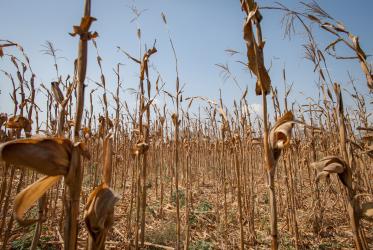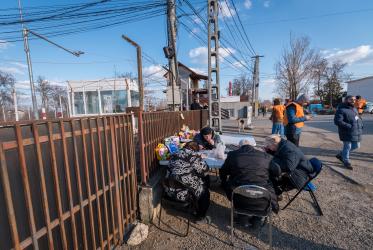Displaying 1 - 20 of 181
Caring for the Earth, Transforming Lives: Linking Faith & Natural Regeneration
12 May 2023
Hybrid: Online and Ecumenical Center
Thursdays in Black Bible Study: Solomon’s Wisdom in Judgment
08 December 2022




